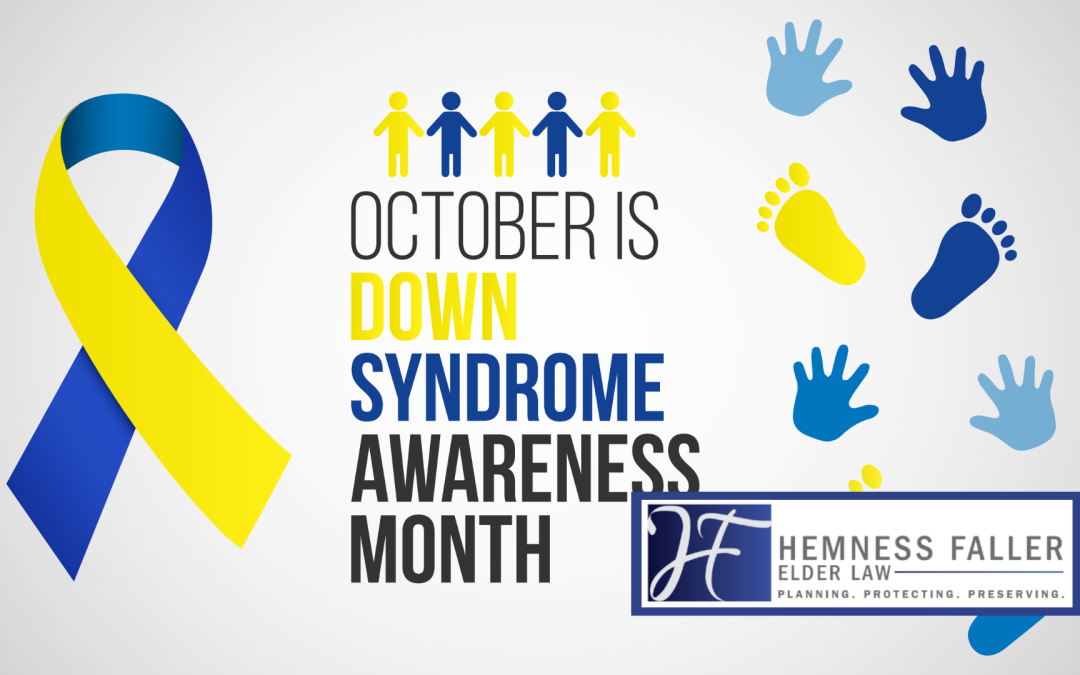Are you caring for your aging parent? Were you aware that the loss of memory may be a part of the aging process? Often, though, an aging senior will not inform his or her physician if he or she is experiencing memory issues. So, when caring for your aging parent, how do you know when memory issues are serious enough to warrant intervention? We want to share some warning signs your aging parent may need memory care soon.
1. The appearance of your parent is changing. With declining mental status, appearance changes often occur. Your aging parent may forget to bathe, stop putting an effort into his or her appearance, or continuously wear the same outfit. This may all occur because your parent either forgets to tend to hygiene or has confusion about how to take care of his or her hygiene. You know your parent best and you are, therefore, in a good position to evaluate a significant change in appearance.
2. Your parent is losing weight. If your parent is experiencing severe dementia, there may be several reasons for weight loss. Forgetting to eat may be the simplest reason, but it may also be from getting lost on the way to the market, misplacing credit cards or having them turned off, due to forgetting to make the payment. In fact, a combination of these factors may make the process of shopping for food, preparing the food and eating the food feel too overwhelming. In fact, your parent may simply try to survive on what they have in the kitchen. If you notice a sudden unexplained weight loss, talk to your parent about meals and grocery shopping. From a safety perspective, you should also determine whether there are any risks of cooking related injuries, including burns or leaving the stove on, which may warrant immediate intervention.
3. Your parent is not taking medication. If you begin to notice that pills are piling up, or your parent is experiencing medical symptoms from not taking the proper medications, such as suddenly increased blood pressure or elevated blood sugar, there is the possibility he or she is forgetting to take his or her medications.
4. Your parent is getting lost. Wandering and getting lost during routine routes are primary signs of dementia. If you think this may be occurring with your parent, try to talk to your parent about it. Your parent, however, may be unwilling to discuss it out of fear or shame, or his or her memory loss may result in him or her being too confused to fully comprehend the situation. If you suspect wandering or getting lost, visit your parent at different times or ask neighbors to call you if they see anything out of the ordinary.
5. Your parent is starting to get agitated. If your parent appears more easily angered, or begins lashing out, he or she may be experiencing memory loss. In addition, accusing family members and friends of stealing has also been associated with memory decline, as an explanation for misplacing things. If your parent accuses you of stealing, rather than take it personally, it may be time to call his or her doctor.
If you observe these symptoms in your parent, first make sure he or she is in a safe environment and check on him or her more frequently. After this, speaking with his or her physician will provide you guidance in getting him or her appropriate memory care. The experienced team of attorneys here at Hemness Faller, The Law Office formerly known as Emma Hemness, P.A., are here for you and your family and we want to be YOUR estate planning and elder law attorneys. After all, we are ordinary people, providing extraordinary guidance backed by years of experience and advocacy for the vulnerable citizens in our community. We encourage you to contact us and schedule a meeting with us.






